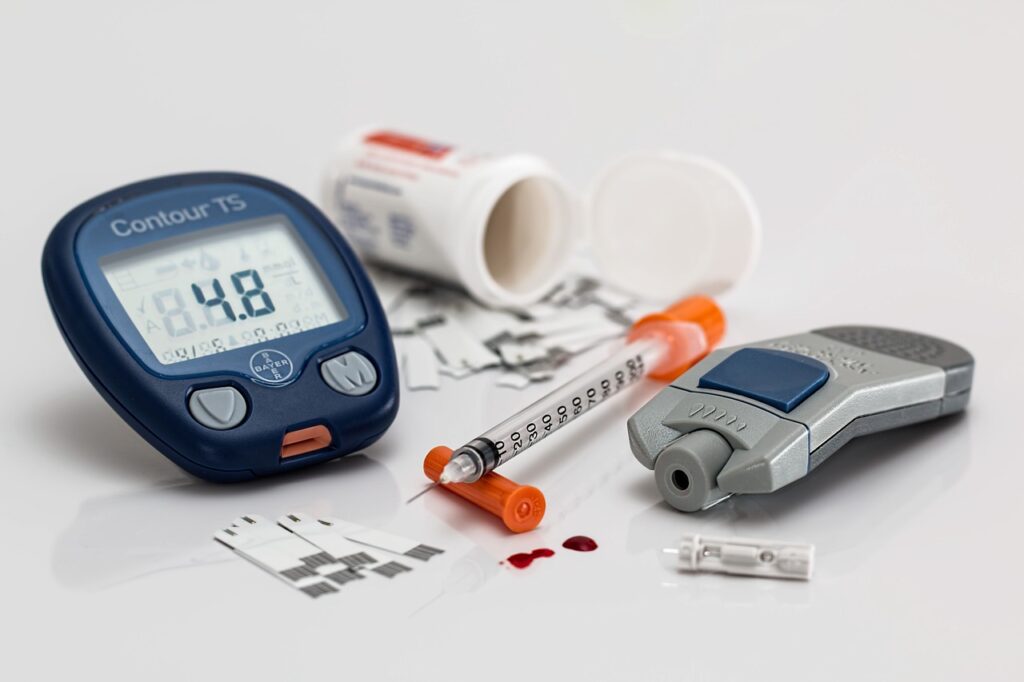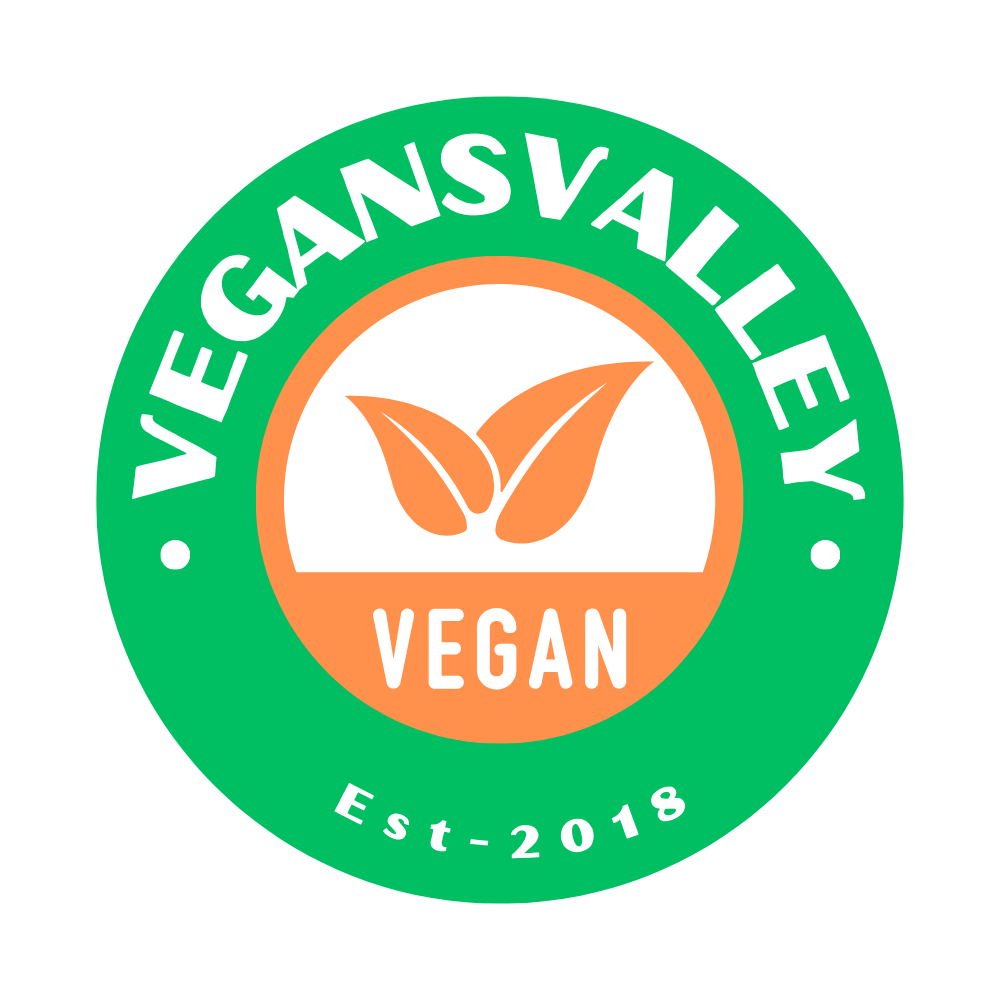Best Vegan Diet for Diabetes: Low-Fat & Low-Carb Meal Plans
Living with diabetes can feel overwhelming, but adopting the right diet can significantly improve your health and quality of life. A vegan diet for diabetes, particularly one that is low in fat and carbs, has gained recognition as a powerful tool for managing both Type 1 and Type 2 diabetes. What’s more, this approach not only stabilizes blood sugar levels but also supports weight loss, boosts energy, and enhances overall well-being.
Moreover, it promotes a healthier lifestyle by emphasizing whole, plant-based foods. As a result, many individuals find this diet to be sustainable and enjoyable over the long term. In this guide, we’ll explore how a vegan diet tailored for diabetes can work for you, its potential benefits, and provide practical meal plans to get started.

The Benefits of a Vegan Diet for Diabetes
A vegan diet is plant-based, eliminating all animal products. Instead, it focuses on whole foods like vegetables, fruits, grains, legumes, nuts, and seeds. Furthermore, when adapted for diabetes, it can bring several health benefits:
- Improved Blood Sugar Control: Whole plant foods are rich in fiber, which slows the absorption of glucose and prevents blood sugar spikes.
- Weight Loss Support: A low-fat vegan diet for diabetes promotes weight loss by reducing calorie density while keeping you full longer.
- Reduced Insulin Resistance: Studies suggest that plant-based diets may enhance insulin sensitivity, making blood sugar regulation more efficient.
- Heart Health: People with diabetes are at higher risk for heart disease. However, a vegan diet, low in saturated fats and high in antioxidants, supports cardiovascular health.
- Diabetes Reversal Potential: Emerging research indicates that a whole-food, low-fat vegan diet may even help reverse Type 2 diabetes in some individuals.
Adapting a Plant-Based Diet for Type 1 and Type 2 Diabetes
For Type 1 Diabetes:
Importantly, managing Type 1 diabetes requires balancing insulin use with carbohydrate intake. A vegan diet helps by emphasizing low-glycemic foods, which release glucose gradually, reducing the risk of blood sugar spikes.
Best Practices:
- Focus on high-fiber foods like lentils, beans, and leafy greens.
- Limit processed vegan options that may be high in refined carbs.
- Work with your healthcare provider to adjust insulin doses as needed.
For Type 2 Diabetes:
Type 2 diabetes can often be managed—and sometimes reversed—with lifestyle changes. Specifically, a low-fat, low-carb vegan diet helps regulate blood sugar and encourages weight loss.
Best Practices:
- Incorporate low-starch vegetables such as zucchini, broccoli, and peppers.
- Use healthy fats sparingly, such as avocado or flaxseed oil.
- Avoid sugary beverages and snacks, even if plant-based.
A Raw Vegan Diet for Diabetes: Is It Effective?
A raw vegan diet focuses on uncooked, plant-based foods like fresh vegetables, fruits, nuts, and seeds. Moreover, this approach can benefit people with diabetes due to its emphasis on nutrient-dense, low-glycemic foods. However, it requires careful planning to ensure adequate protein and essential nutrients.
Key Considerations:
- Include protein-rich options like sprouted lentils, raw nuts, and seeds.
- Avoid relying solely on high-sugar fruits, which can elevate blood sugar levels.
- Speak with a nutritionist to balance your diet.
Low-Fat & Low-Carb Plant-Based Meal Plan: 3-Day Guide
Day 1:
- Breakfast: Chia seed pudding with unsweetened almond milk, topped with fresh berries and a sprinkle of cinnamon.
- Snack: Raw veggie sticks (carrots, celery, cucumber) with hummus.
- Lunch: Kale and lentil salad with cherry tomatoes, cucumbers, and a lemon-tahini dressing.
- Snack: A handful of almonds or walnuts.
- Dinner: Zucchini noodles with marinara sauce, sautéed mushrooms, and a side of steamed broccoli.
Day 2:
- Breakfast: Green smoothie with spinach, unsweetened coconut milk, a small banana, and flaxseeds.
- Snack: A small apple with almond butter.
- Lunch: Buddha bowl with quinoa, chickpeas, roasted sweet potatoes, and tahini drizzle.
- Snack: Handful of roasted pumpkin seeds.
- Dinner: Stuffed bell peppers with black beans, brown rice, and diced tomatoes.
Day 3:
- Breakfast: Oatmeal made with water or almond milk, topped with chia seeds and a handful of blueberries.
- Snack: Sliced cucumber and guacamole.
- Lunch: Mixed greens salad with tofu, shredded carrots, avocado, and balsamic vinaigrette.
- Snack: Handful of mixed nuts (unsalted).
- Dinner: Spaghetti squash with sautéed spinach, garlic, and a sprinkle of nutritional yeast.

FAQs on Vegan Diet for Diabetes
Can a plant-based diet cure diabetes?
While a vegan diet cannot cure diabetes, it can significantly improve blood sugar control. Additionally, in some cases, it may reverse Type 2 diabetes through weight loss and improved insulin sensitivity.
Is a low-carb plant-based diet suitable for diabetes?
Yes, a low-carb vegan diet is effective for managing diabetes. By focusing on non-starchy vegetables, legumes, nuts, and seeds, you can maintain stable blood sugar levels.
Can I follow a plant-based diet for diabetes type 1?
Absolutely. A vegan diet for Type 1 diabetes requires careful carbohydrate management and coordination with insulin therapy but can be highly beneficial for overall health.
What are the benefits of a vegan diet for diabetes and weight loss?
A vegan diet’s high fiber content keeps you feeling full longer. Furthermore, it supports weight loss and helps manage blood sugar, which is crucial for diabetes control.
Are raw plant-based diets safe for diabetes?
Raw vegan diets can be safe if carefully planned to include adequate protein and avoid excessive consumption of high-sugar fruits. However, consulting a healthcare provider is advised.
How quickly can I see results with a plant-based diet for diabetes?
Results vary by individual. However, many people experience improved blood sugar levels within a few weeks of starting a well-planned vegan diet. Additionally, weight loss often occurs as a natural outcome of following this approach.
Conclusion
A vegan diet—when tailored to your specific needs—can be a game-changer for managing diabetes, whether you’re dealing with Type 1, Type 2, or prediabetes. In addition, by focusing on low-fat, low-carb, and nutrient-dense foods, you can stabilize your blood sugar, shed excess weight, and enjoy a healthier lifestyle. Start with the meal plans provided, consult with your healthcare provider, and take the first step toward transforming your health today!
